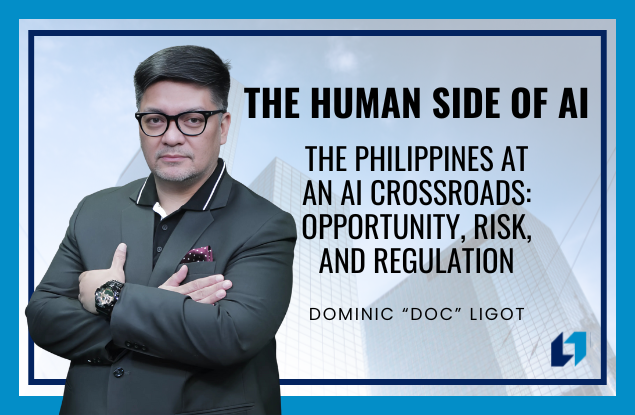When it comes to artificial intelligence (AI) in the Philippines, the story is one of contrasts. Analysts and policymakers alike are trying to reconcile conflicting narratives: on one hand, studies that highlight systemic weaknesses in readiness; on the other, encouraging signs of widespread interest and adoption among Filipinos themselves. For investors, executives, and policymakers, this duality raises critical questions about how quickly the country can transition from being an AI enthusiast to a genuine AI leader, and what regulatory hurdles may shape that path.
The Readiness Gap
Surveys reveal sobering realities about the Philippines’ structural challenges in AI preparedness. The Descartes Institute ranks the country 82nd out of 124 nations, with digital skills scored at a flat zero. This reflects major obstacles in digital infrastructure, literacy, and the workforce pipeline needed to develop and manage AI systems. Similarly, Oxford Insights downgraded the Philippines’ government AI readiness to 65th of 193, citing deficiencies in human capital. For financial stakeholders, these figures suggest that despite headline enthusiasm, the country may lack the institutional foundation to scale AI effectively.
The Surge of Interest
Yet, the picture is not uniformly bleak. Data from multiple sources shows that Filipinos are not merely aware of AI, they are already embracing it. Electronics Hub ranks the Philippines first globally in AI-related search interest, while Writerbuddy places it fourth worldwide in web traffic to AI-focused platforms. Most striking, a joint Microsoft-LinkedIn study revealed that 86% of Filipino knowledge workers already use some form of AI, far above the global average of 75%.
This adoption is driven by pragmatism: Filipino professionals are using AI tools to boost productivity, freelancers are leveraging them for competitive advantage in the global gig economy, and small businesses are experimenting with automation to offset labor and efficiency constraints. In short, while government and education systems may lag, the private sector and individual workers are moving ahead.
Reconciling Contradictions
This juxtaposition, weak national readiness but high grassroots adoption, reflects the resilience and adaptability of the Filipino workforce. It suggests that AI growth in the country is bottom-up rather than top-down. Instead of waiting for systemic reforms, individuals are learning AI outside traditional classrooms, often through self-study or global platforms. For investors, this could signal an underappreciated advantage: a young, motivated population capable of leapfrogging conventional bottlenecks.
The Coming Regulatory Question
One wildcard that could redefine this trajectory is regulation. While the Philippines has yet to establish a comprehensive AI regulatory framework, global momentum is building. The EU has rolled out its AI Act, the U.S. is moving toward sector-specific rules, and ASEAN neighbors like Singapore are already piloting governance models. If Manila adopts similarly strict standards, compliance costs could slow adoption, especially for startups and SMEs that are driving much of the local AI enthusiasm.
Conversely, a thoughtful regulatory approach could build investor confidence by ensuring ethical use, data privacy, and alignment with international best practices. The challenge for Philippine policymakers will be balancing innovation with oversight, avoiding the risk of stifling momentum while still protecting citizens and businesses.
The Bottom Line
The Philippines sits at a pivotal moment in its AI journey. Structural weaknesses and regulatory uncertainty remain significant hurdles, but high levels of adoption and interest suggest a market primed for growth. For financial players, the message is clear: the country’s AI story is still being written, and those who can navigate both the risks and opportunities may find substantial upside.
Dominic “Doc” Ligot is one of the leading voices in AI in the Philippines. Doc has been extensively cited in local and global media outlets including The Economist, South China Morning Post, Washington Post, and Agence France Presse. His award-winning work has been recognized and published by prestigious organizations such as NASA, Data.org, Digital Public Goods Alliance, the Group on Earth Observations (GEO), the United Nations Development Programme (UNDP), the World Health Organization (WHO), and UNICEF.
If you need guidance or training in maximizing AI for your career or business, reach out to Doc via https://docligot.com.
![]()



